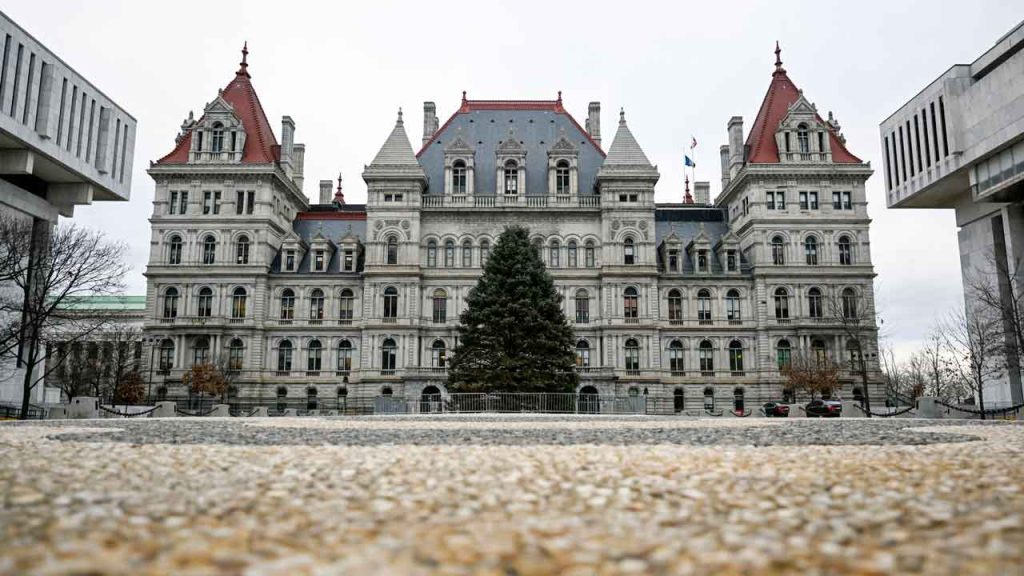The Equal Rights Amendment (ERA) in New York has been tossed by a judge on procedural grounds, leading to a victory for Republicans and opponents of the bill who argue that it was written too broadly and could infringe on parents’ rights regarding decisions like children receiving gender-affirming procedures. The ERA was a response by New York Democrats to the Supreme Court’s Dobbs v. Jackson’s Women’s Health Organization decision in June 2022, passing both houses of the New York legislature in a special session shortly after the Dobbs ruling. The amendment aims to solidify women’s right to abortion in the state but was deemed fatally flawed due to a procedural error by a judge in Livingston County, prompting the ruling that the legislation was null and void.
The attorney who challenged the referendum, Bobbie Anne Cox, criticized the lack of open debate and public hearings surrounding the ERA, pointing out that the legislature did not wait for the attorney general’s response as required by the New York constitution. Supreme Court Justice Daniel J. Doyle declared the amendment null and void due to the violation of the constitution, sparking promises of an appeal from Democrats, including Gov. Kathy Hochul, who emphasized the ongoing fight to protect equality and reproductive freedom. However, opponents, such as former House Republican John Faso, hailed the decision to toss the referendum, labeling the ERA as a manipulation to boost voter turnout based on a false premise that abortion rights are threatened.
Opponents of the amendment raised concerns about the broad language of Proposition One, which could potentially grant minors the right to gender-affirming care, including puberty blockers and surgeries, without parental consent. Greg Garvey, the executive director of the Coalition to Protect Kids – New York, criticized the ballot initiative as poorly written and likely to cause harm to children and families, dubbing it the “parent replacement act.” Democrat MaryJane Shimsky, a member of the New York State Assembly and advocate for the referendum, defended the ERA, arguing that it is necessary to combat extremism and culture wars that endanger communities. She expressed confidence that the ERA would receive broad popular support if restored to the ballot.
Overall, the ERA in New York faces backlash from critics who view it as a threat to parental rights and argue that it goes beyond guaranteeing a right to abortion, potentially allowing for controversial health care decisions for minors without parental consent. While Democrats vow to appeal the ruling that deemed the amendment null and void, opposition to the ERA remains strong, with concerns about the broad and vague language of the ballot initiative. The debate surrounding the ERA in New York reflects broader tensions over reproductive rights, gender identity, and parental authority, highlighting the complex and contentious nature of these social and political issues.


